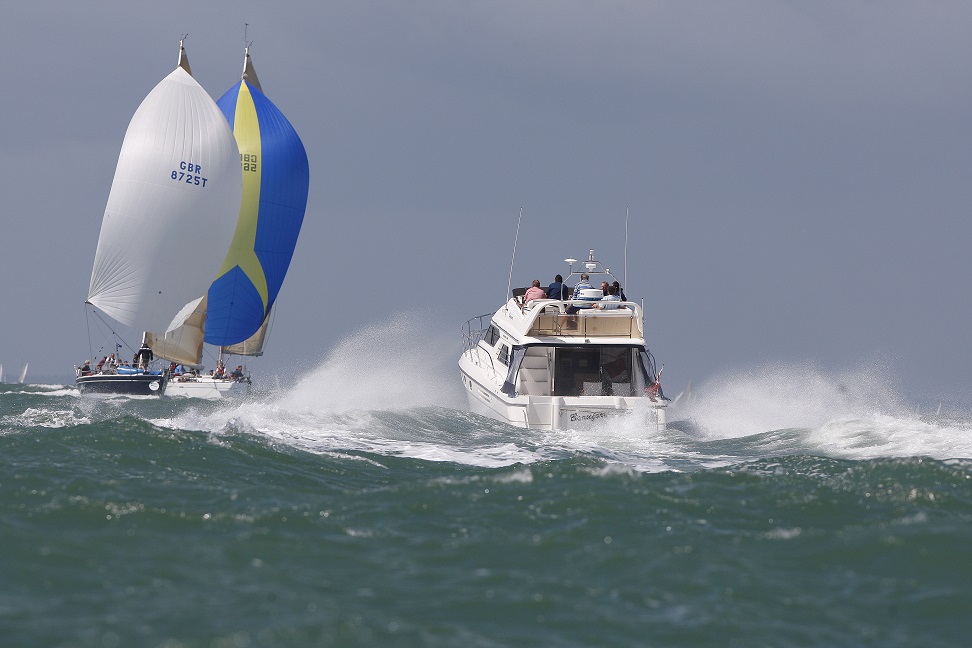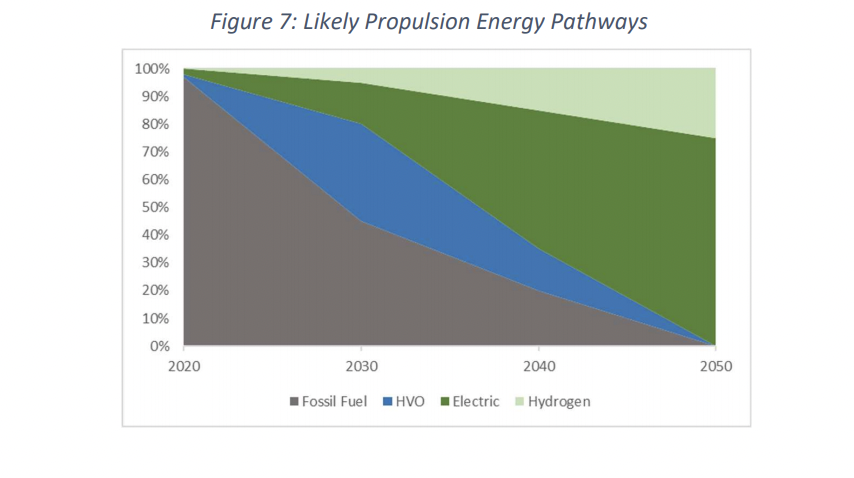RYA plans to achieve carbon zero by 2050

The Royal Yachting Association (RYA) has outlined its plans for the recreational boating sector to reach zero carbon emissions by 2050.
The organisation has launched a report which outlines the key actions and milestones that will need to be reached by the RYA and the wider sector to achieve the vision for zero-carbon in response to the climate emergency.
Pathways to Zero: The RYA’s Vision for a Zero Carbon Recreational Boating Sector by 2050 includes more than one hundred individual actions, many of which are related to policy, logistics and behaviour change, and can be achieved at minimal cost. It also contains recommendations for broad technology changes which it says will require funding by the sector, with government support, over the coming years.
Regarding its objective for a 50 per cent reduction in the carbon impact of propulsion in the UK recreational boating sector by 2030 and zero carbon by 2050, the report states: “Our focus here is on propulsion systems rather than construction, supply, and servicing of vessels. Much of the focus of decarbonising propulsion is on new build. This is where exciting and innovative technologies can be introduced and designs optimised for their use. However, the legacy fleet will be the biggest challenge, and likely the biggest opportunity for business over the next 30 years through to 2050. While there is little verified data available regarding the age of vessels in use, anecdotal information suggests that larger vessels have a life between 30 and 50 years. So, boats being bought new in 2021 will still be in use well beyond 2050.
“To achieve an efficient transition for all boat types, understanding duty cycles (i.e. how the boats are actually used) is key. The focus for specifying new and upgraded propulsion systems needs to switch to actual use patterns and the resulting power and energy requirements, to best inform the uptake of new, clean technologies.”

“The development of this report follows wide research across the sector, analysis of sustainability forecasts, as well as speaking with RYA members and marine businesses,” says Phil Horton, RYA environment and sustainability manager. “In addition to addressing our own operational impacts, we believe that it is essential to the safeguarding of our sport that the RYA contributes to mitigating the long-term environmental impacts of recreational boating. Addressing these concerns will have many benefits for boaters that go beyond carbon emission reductions, such as reduced noise, better manoeuvrability and response, reduced maintenance costs, and zero pollution.
“The RYA interacts directly and indirectly with an estimated 250,000 recreational boaters each year, therefore one of our objectives is for the changes in behaviour occurring within the RYA to be shared and adopted by those boaters and the wider boating community.”
Another objective set out in the report is for the RYA to emit zero greenhouse gas emissions from its own facilities and operations by 2030, and net zero from its supply chain. In terms of events, the report outlines that the British Sailing Team and RYA Sailing Events will aim to achieve a 50 per cent reduction in emissions and net zero by 2030.
The full report and its associated background paper are available to download from the RYA website.










